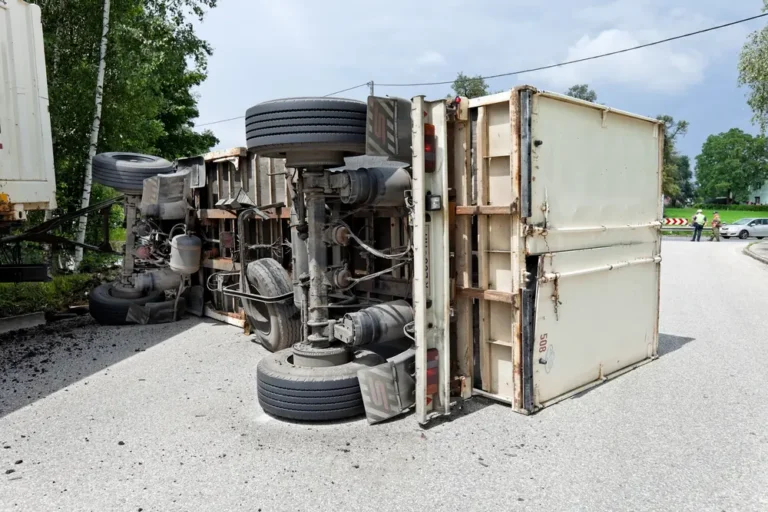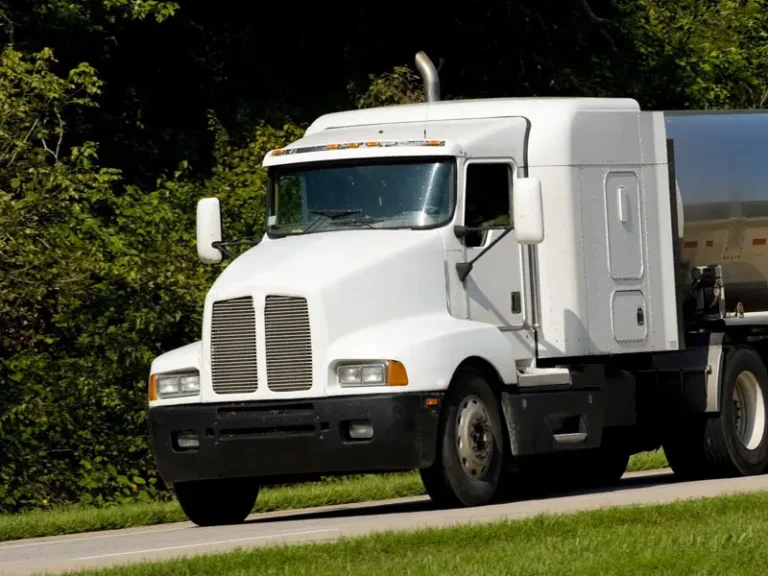Who Can Be Held Liable for a Truck Accident?~3 min read
According to the FMCSA (Federal Motor Carrier Safety Administration), in Texas in 2021, there were 22,296 vehicles involved in accidents with large trucks. A total of 796 people were killed and another 11,355 were injured. The attorneys at Springer & Lyle are concerned about lives lost and persons injured due to trucking accidents.
The driver and passengers in an ordinary 3,000-pound car have little defense when hit by a fully loaded semi-truck and tractor rig weighing about 80,000 pounds. FMCSA studies show that in 90 percent of trucking accidents, the truck driver is at fault.
Main Causes of Trucking Accidents

Several years ago, the FMCSA conducted a study to determine the main causes of trucking accidents. The study discovered:
- Approximately one-third of all trucking accidents involve the driver veering out of his/her own lane.
- Another nearly one-third of accidents are caused by the truck driver losing control of the truck. This happens most often in a truck carrying liquid cargo. When the truck driver turns a corner or changes lanes, the load shifts, causing the driver to lose control of the truck.
- In 22 percent of the cases, the truck driver rams into the rear end of the vehicle ahead of it. This is often because the truck driver misjudged the stopping time needed for the loaded semi.
- Driver fatigue and feeling under pressure to reach the destination causes the driver’s decisions to be based on poor judgment.
- Faulty equipment in need of repair is also a known cause of wrecks.
Who Can Be Held Liable for a Trucking Accident?
There are many reasons why a trucking company, in addition to the driver of the truck, can be held liable for the accident. In many cases, there is a federal motor carrier who can also be liable in addition to the truck driver’s employer. Most of these cases are governed by the Federal Motor Carrier Safety Regulations. Some of the most common reasons are:
- Inadequate background check. In too many cases, the trucking company takes the driver’s word that he/she has had training in driving the type of truck that he or she will be driving. The company took no measures to verify the information, only to discover after the accident, that the training had either not occurred or been inadequate.
- The driver was under pressure from the owner of the trucking company to meet an unrealistic deadline, so was driving too fast and not taking the required rest periods.
- The truck itself was defective in some way due to the owner’s negligence in properly maintaining the fleet of trucks.
The personal injury attorneys at Springer & Lyle can help you obtain the reasonable compensation you are entitled for your injuries, lost wages, medical expenses, pain and suffering, and other physical damage. Contact us at 940.387.0404 for a free consultation.






